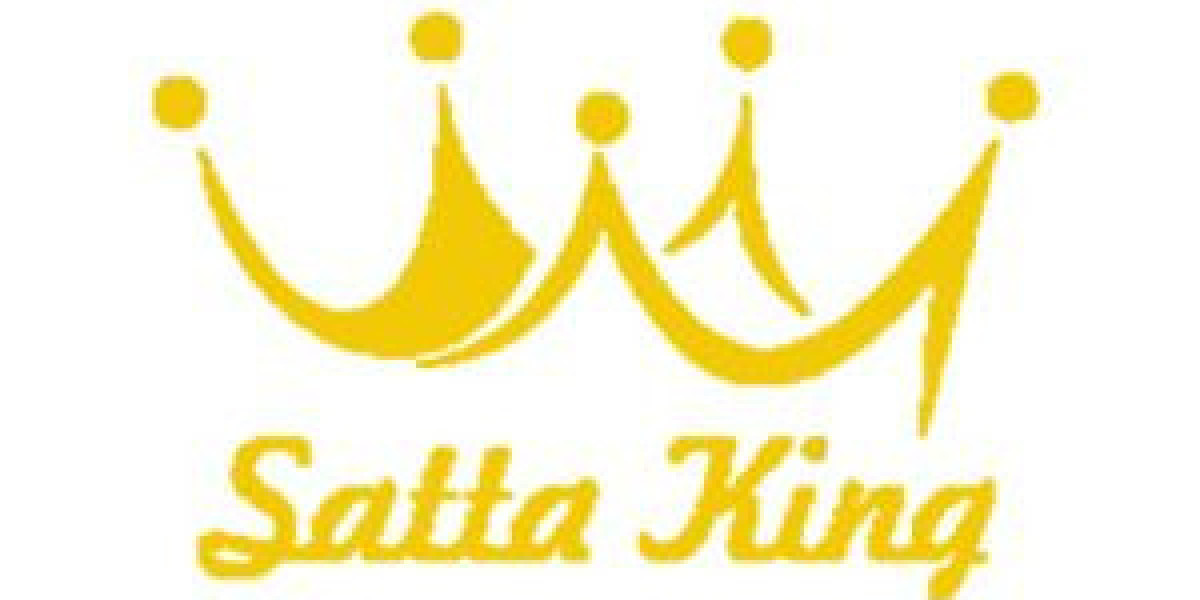Adversely affecting the employment rate in the country, the COVID pandemic continues to disrupt living standards and basic needs of the society. Falling victim to these atrocities are two children from a private school in Delhi who were denied entry in an online class over failure to pay the fees on time.
Two students of Richmond Global School in Paschim Vihar had filled a petition in the high court against the school through their father, alleging they had been denied to enter online classes since April over non-payment of fee. However despite orders from the High Court in favour of the petitioners the school took no steps to their aid.
Education has come to a halt for these children and what is at stake here is the future of the nation. Delaying orders from the court would in turn be detrimental for the children. Private schools continue to charge the same amount of fees even in the backdrop of an increasing unemployment rate from 7% to a shocking 27.11%.
Students all over the country express this concern over social media starting independent online petitions hoping the ministry to look into the matter. This also involves students from private colleges who are forced to pay expensive bills for their education even if their fathers go job-less.
No doubt, private schools and colleges exceed over government sponsored educational institutions in terms of quality of education, job opportunities, placements and infrastructure. These fully furnished high end colleges with novel methods of education have made a prominent place in the educational system and have lakhs of students depending on them for their future. Just like they don’t compromise on the quality, they don’t compromise on the fees too.
Such an unforeseen incident calls for an immediate need to improve education in public spheres so as to insure no child needs to knock the doors of court for his basic right to get educated.







